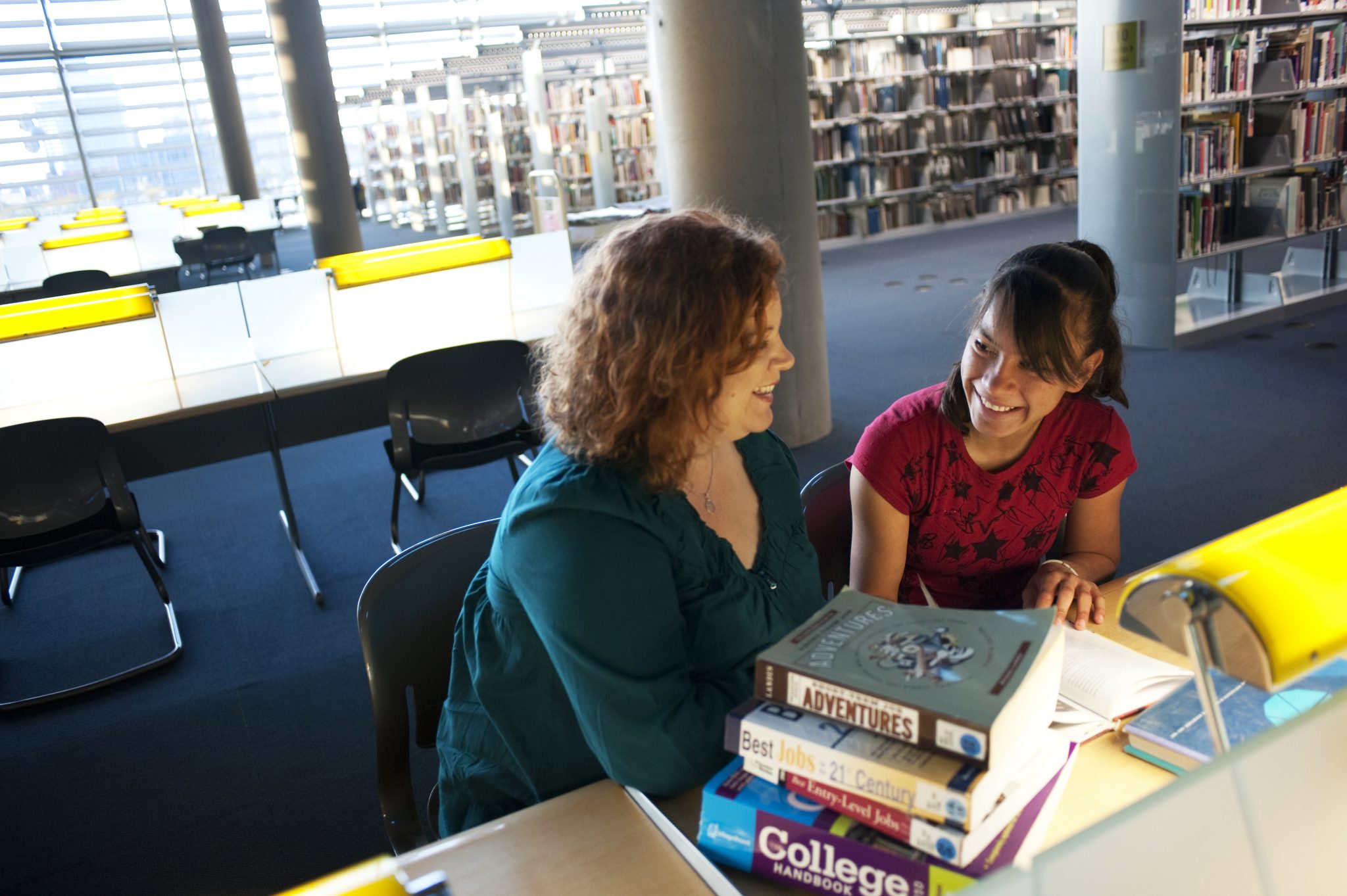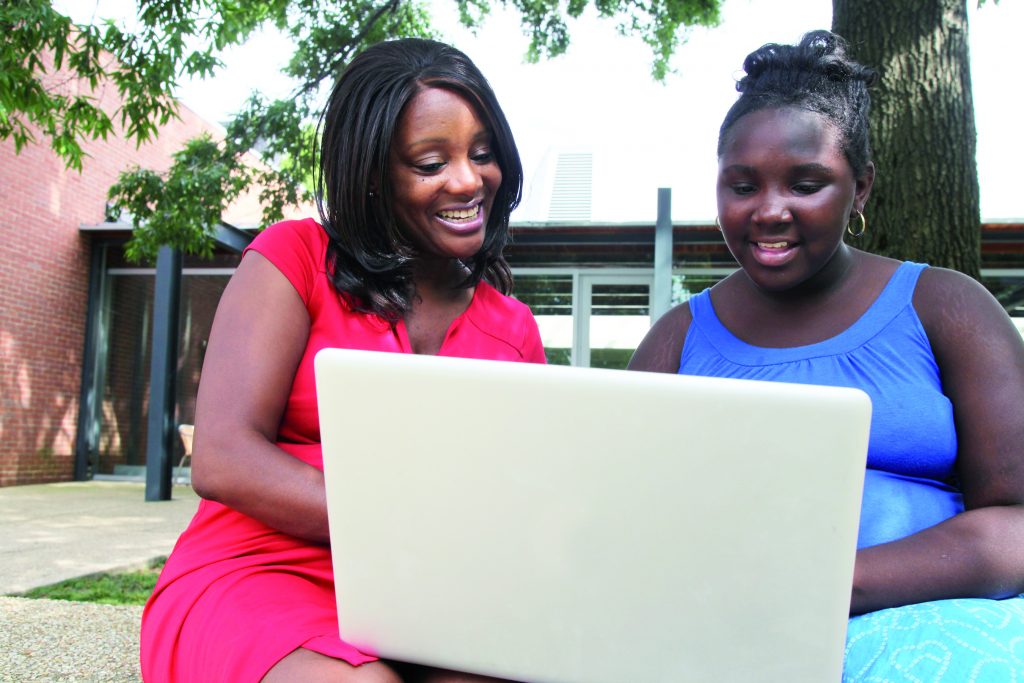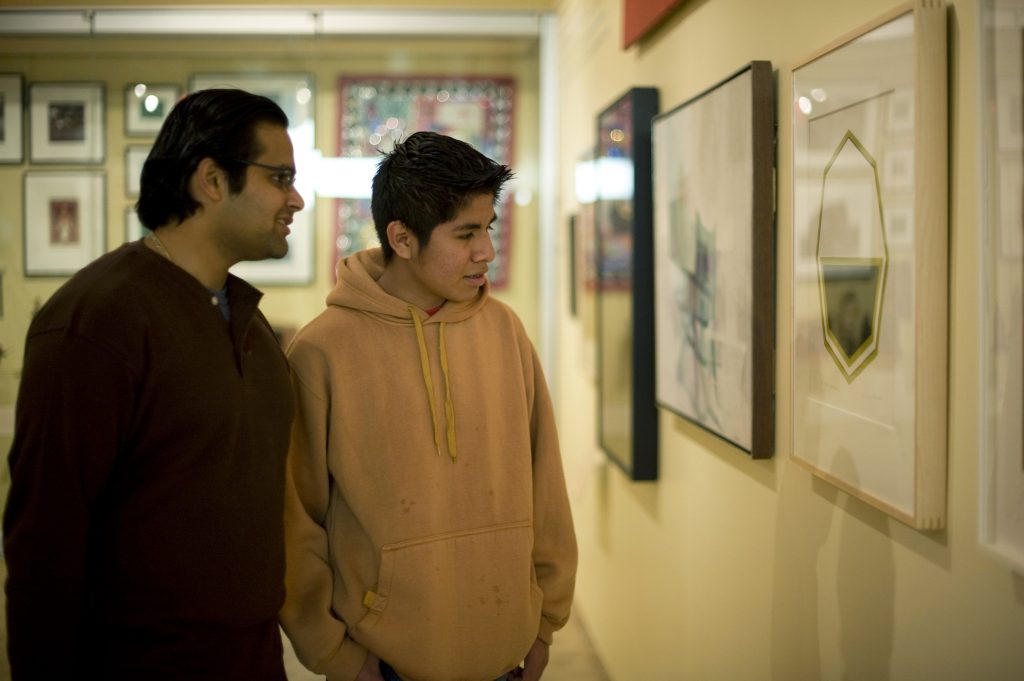MENTORING FOR SUCCESS: POST-SECONDARY EDUCATION AND CAREER READINESS
Post-secondary education has become ever more relevant to future career and income goals. The Center on Education and the Workforce estimates that 35% of new jobs need a university degree while job growth in fields that only need a few trained skills is slowing down.
With these trends, it is troubling to observe that Canadian youth from low-income households are not accessing post-secondary education at the same rates as other youth (Statistics Canada, 2018).
There are many barriers for youth who may be considering post-secondary enrolment. These include a lack of knowledge around the costs and benefits, how to apply and get loans, and uncertainty about their future plans. There are even more blocks for youth who face marginalization due to low income, disability, cultural background and race. This results in lower expectations, limited opportunities to learn and fewer post-secondary options.




